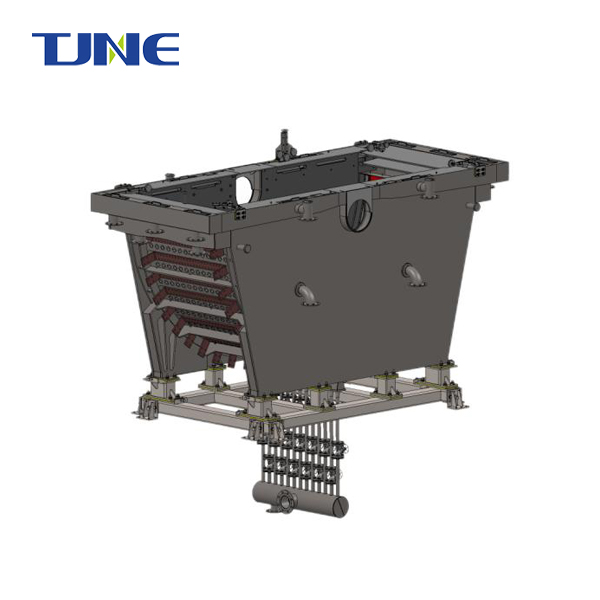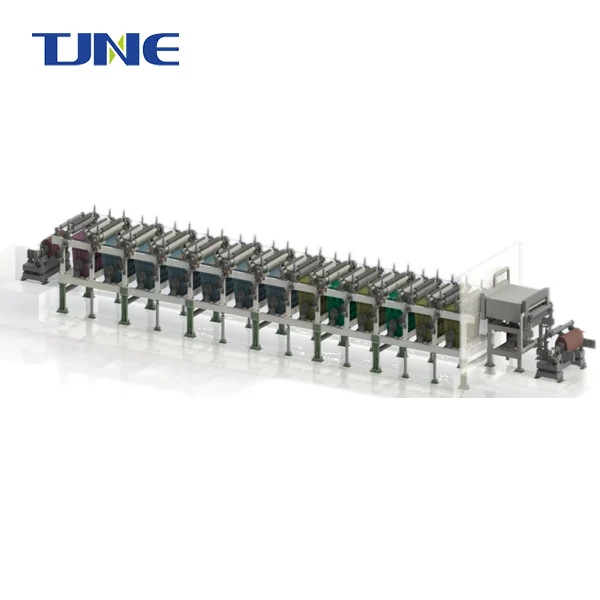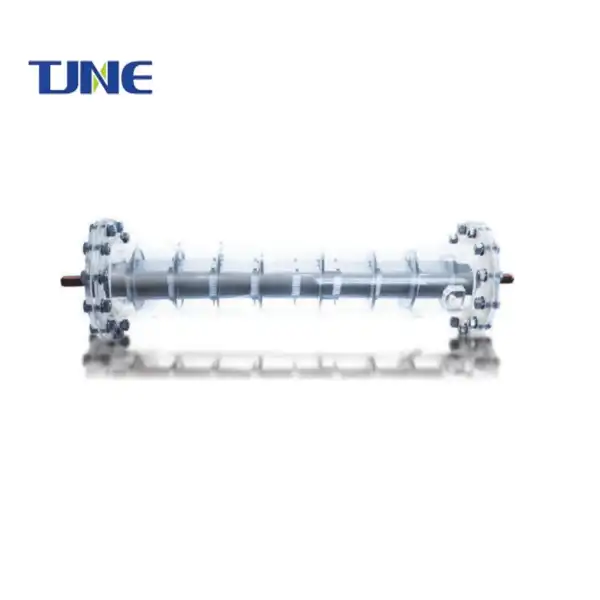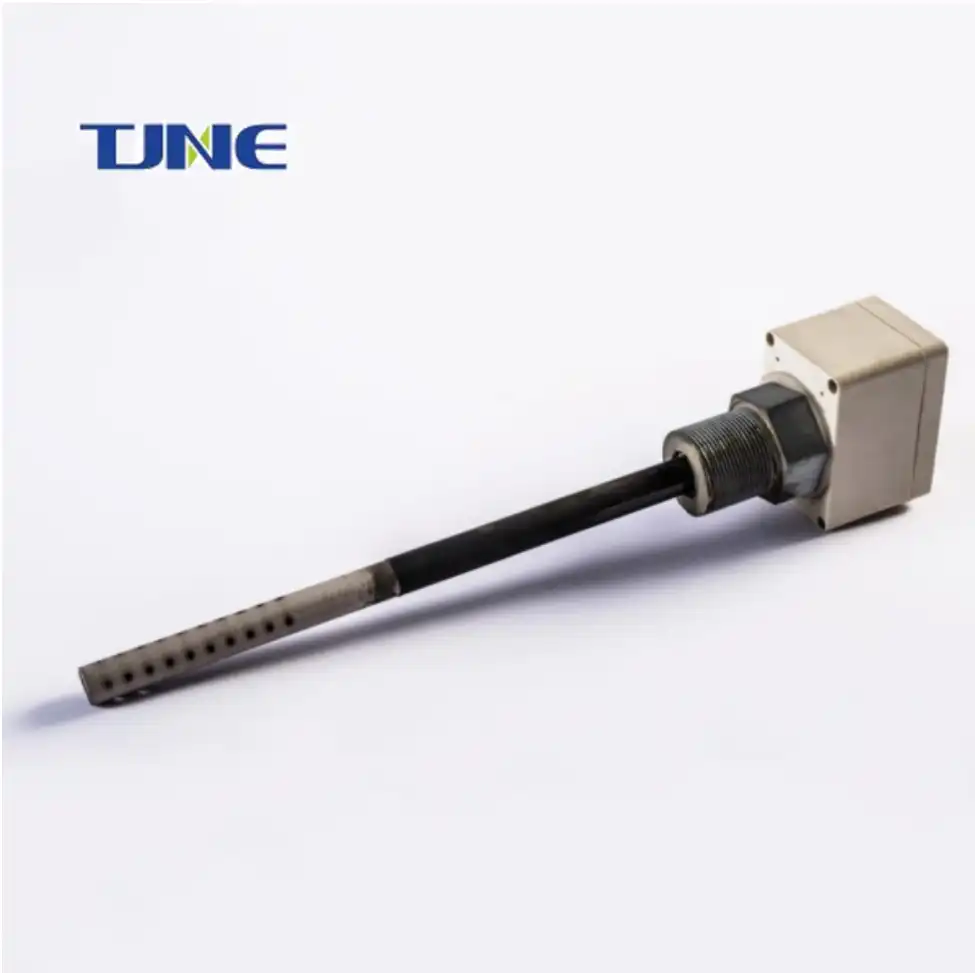- English
- French
- German
- Portuguese
- Spanish
- Russian
- Japanese
- Korean
- Arabic
- Greek
- German
- Turkish
- Italian
- Danish
- Romanian
- Indonesian
- Czech
- Afrikaans
- Swedish
- Polish
- Basque
- Catalan
- Esperanto
- Hindi
- Lao
- Albanian
- Amharic
- Armenian
- Azerbaijani
- Belarusian
- Bengali
- Bosnian
- Bulgarian
- Cebuano
- Chichewa
- Corsican
- Croatian
- Dutch
- Estonian
- Filipino
- Finnish
- Frisian
- Galician
- Georgian
- Gujarati
- Haitian
- Hausa
- Hawaiian
- Hebrew
- Hmong
- Hungarian
- Icelandic
- Igbo
- Javanese
- Kannada
- Kazakh
- Khmer
- Kurdish
- Kyrgyz
- Latin
- Latvian
- Lithuanian
- Luxembou..
- Macedonian
- Malagasy
- Malay
- Malayalam
- Maltese
- Maori
- Marathi
- Mongolian
- Burmese
- Nepali
- Norwegian
- Pashto
- Persian
- Punjabi
- Serbian
- Sesotho
- Sinhala
- Slovak
- Slovenian
- Somali
- Samoan
- Scots Gaelic
- Shona
- Sindhi
- Sundanese
- Swahili
- Tajik
- Tamil
- Telugu
- Thai
- Ukrainian
- Urdu
- Uzbek
- Vietnamese
- Welsh
- Xhosa
- Yiddish
- Yoruba
- Zulu
How Do Titanium Electrodes Enhance Salt Chlorination in Pool Disinfection Systems?
Titanium electrodes play a crucial role in modern swimming pool disinfection systems. These electrodes are at the heart of salt chlorination systems, which have gained popularity as an alternative to traditional chlorine-based disinfection methods. Titanium electrodes contribute to swimming pool disinfection by facilitating the electrolysis process, which converts salt (sodium chloride) into chlorine. This process provides a continuous and controlled supply of chlorine to keep pool water clean and safe for swimmers. In this blog post, we'll explore the technology behind titanium electrodes in pool disinfection and address some common questions about their use and benefits.
How does a salt chlorinator work with titanium electrodes?
Salt chlorinators, also known as salt chlorine generators or saltwater systems, are innovative devices that use titanium electrodes to produce chlorine for swimming pool disinfection. These systems offer a more environmentally friendly and cost-effective alternative to traditional chlorine-based methods. Let's delve into the inner workings of salt chlorinators and explore how titanium electrodes contribute to their effectiveness.
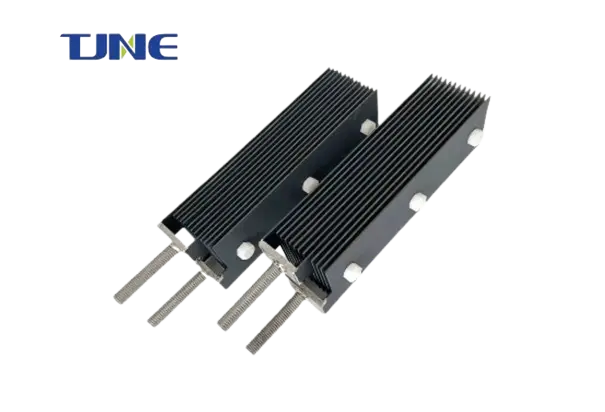
The process begins with the addition of salt (sodium chloride) to the pool water. The concentration of salt is typically maintained at around 3,000 to 4,000 parts per million (ppm), which is about one-tenth the salinity of seawater. This level is low enough that swimmers can barely taste the salt, yet it provides sufficient ions for the chlorination process.
As pool water circulates through the salt chlorinator cell, it passes between a series of titanium plates that serve as electrodes. These plates are coated with a special catalyst, often ruthenium or iridium, which enhances their efficiency and longevity. An electric current is applied to the electrodes, initiating the electrolysis process.
During electrolysis, the salt (NaCl) in the water is split into its component parts: sodium (Na) and chloride (Cl) ions. The chloride ions are then converted into sodium hypochlorite (NaOCl), which is the same form of chlorine used in traditional pool disinfection methods. This sodium hypochlorite effectively kills bacteria, algae, and other harmful microorganisms in the pool water.
The key advantage of using titanium electrodes in this process is their exceptional durability and resistance to corrosion. Titanium can withstand the harsh chemical environment of the chlorinator cell and the continuous flow of electric current without degrading. This ensures a long lifespan for the electrodes and consistent chlorine production over time.
Moreover, the use of titanium electrodes allows for precise control over the chlorine generation process. By adjusting the electric current applied to the electrodes, pool owners can fine-tune the amount of chlorine produced to match the specific needs of their pool. This level of control helps maintain optimal water chemistry and reduces the risk of over- or under-chlorination.
Another benefit of salt chlorinators with titanium electrodes is their ability to produce a softer, more comfortable swimming experience. The chlorine generated through this process tends to be gentler on skin, eyes, and hair compared to traditionally chlorinated pools. This is because the chlorine is produced in a purer form, with fewer byproducts that can cause irritation.
In summary, salt chlorinators with titanium electrodes work by harnessing the power of electrolysis to convert common salt into an effective pool disinfectant. The durability and efficiency of titanium electrodes make this process reliable and cost-effective, providing pool owners with a sustainable and user-friendly solution for maintaining clean and safe swimming water.
What are the advantages of using titanium electrodes for pool disinfection?
Titanium electrodes have become increasingly popular in swimming pool disinfection systems due to their numerous advantages over traditional chlorination methods. Let's explore the key benefits that make titanium electrodes a preferred choice for pool owners and maintenance professionals.
1. Durability and Longevity:
One of the most significant advantages of titanium electrodes is their exceptional durability. Titanium is highly resistant to corrosion, even when exposed to the harsh chemical environment of a swimming pool. This resistance to corrosion ensures that the electrodes maintain their effectiveness over extended periods, often lasting for several years before requiring replacement. The longevity of titanium electrodes translates to lower maintenance costs and fewer disruptions to pool operations.
2. Efficient Chlorine Production:
Titanium electrodes, when used in salt chlorination systems, provide a highly efficient method of producing chlorine. The electrolysis process facilitated by these electrodes converts salt into chlorine on-demand, ensuring a consistent supply of disinfectant. This efficiency means that pool owners can maintain proper chlorine levels with less effort and more precision compared to manual chlorine addition.
3. Reduced Chemical Storage and Handling:
By generating chlorine on-site, systems using titanium electrodes eliminate the need for storing large quantities of chlorine chemicals. This not only saves space but also reduces the risks associated with handling and storing potentially hazardous chemicals. It's a safer option for both residential and commercial pool settings.
4. Improved Water Quality:
The chlorine produced through titanium electrode systems tends to result in softer, more comfortable water for swimmers. Many users report less skin and eye irritation compared to traditionally chlorinated pools. This is partly due to the purer form of chlorine generated and the reduced presence of chloramines, which are byproducts of chlorine that can cause irritation.
5. Cost-Effectiveness:
While the initial investment in a salt chlorination system with titanium electrodes may be higher than traditional chlorine systems, the long-term cost savings are significant. The reduced need for chemical purchases, lower maintenance requirements, and energy efficiency of these systems often result in lower operating costs over time.
6. Environmentally Friendly:
Titanium electrode systems contribute to a more environmentally friendly approach to pool maintenance. They reduce the transport and packaging of chlorine chemicals, and the salt used in the process is a natural, abundant resource. Additionally, the precise control over chlorine production helps minimize the release of excess chemicals into the environment.
7. Automatic Operation:
Most salt chlorination systems with titanium electrodes can be automated, allowing for consistent chlorine production without constant monitoring. This automation not only saves time but also helps maintain more stable water chemistry, which is crucial for both pool health and swimmer comfort.
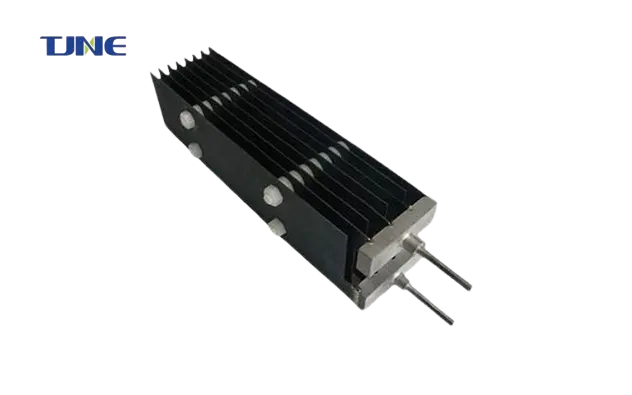
8. Versatility:
Titanium electrodes can be used in various pool sizes and types, from small residential pools to large commercial facilities. They can also be integrated with existing pool systems, making them a flexible solution for both new installations and upgrades to existing pools.
9. Reduced Chlorine Odor:
Pools using titanium electrode systems often have less of the characteristic "chlorine smell" associated with swimming pools. This is because the process produces fewer chloramines, which are responsible for the strong odor in many traditionally chlorinated pools.
10. Consistent Water Balance:
The continuous and controlled production of chlorine helps maintain a more consistent water balance. This stability can lead to better overall water quality and can reduce the frequency of adjustments needed for pH and other chemical levels in the pool.
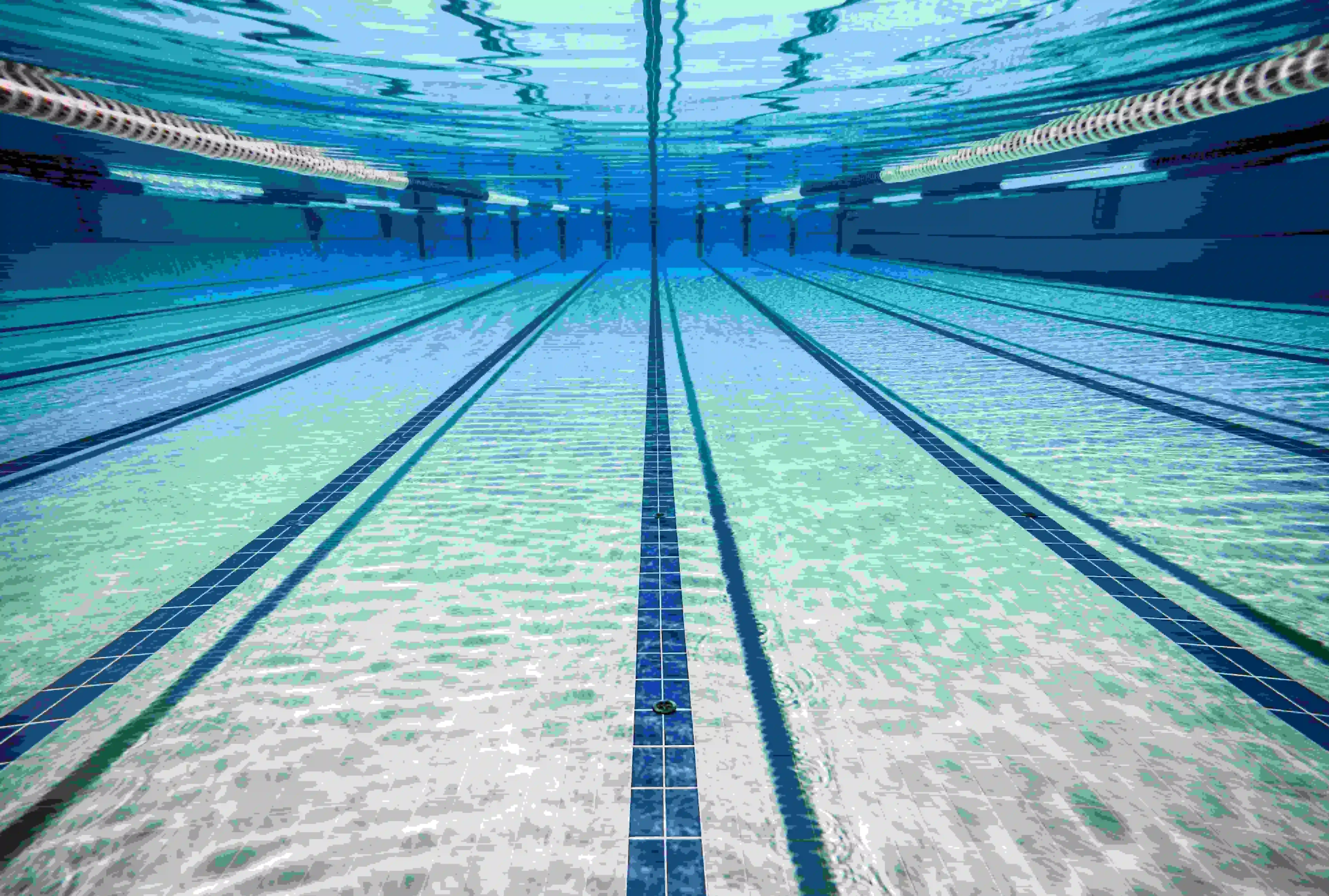
How do titanium electrodes compare to other pool disinfection methods?
When considering swimming pool disinfection options, it's essential to compare titanium electrode systems with other common methods to understand their relative strengths and limitations. This comparison will help pool owners and operators make informed decisions about the best disinfection approach for their specific needs. Let's examine how titanium electrode systems stack up against other popular pool disinfection methods.
1. Titanium Electrodes vs. Traditional Chlorine:
Traditional chlorine disinfection involves manually adding chlorine in the form of liquid, tablets, or granules to the pool water. While this method has been widely used for decades, titanium electrode systems offer several advantages:
- Convenience: Titanium electrode systems provide automatic chlorine generation, reducing the need for frequent manual chlorine additions.
- Consistency: The continuous production of chlorine helps maintain more stable chlorine levels compared to manual additions, which can lead to fluctuations.
- Safety: Titanium electrode systems eliminate the need to handle and store large quantities of chlorine chemicals, reducing safety risks.
- Water Quality: Many users report softer, more comfortable water with less irritation to eyes and skin when using titanium electrode systems.
However, traditional chlorine methods may be preferred in situations where initial costs are a primary concern or where very large quantities of chlorine are needed quickly, such as in shock treatments.
2. Titanium Electrodes vs. UV Disinfection:
Ultraviolet (UV) disinfection systems use UV light to kill microorganisms in pool water. While both methods are effective, they have different strengths:
- Residual Protection: Titanium electrode systems produce chlorine that remains in the pool water, providing ongoing protection. UV systems only disinfect water as it passes through the UV chamber, offering no residual protection.
- Algae Control: Chlorine produced by titanium electrodes is effective at preventing algae growth, while UV systems may require supplemental algaecides.
- Operating Costs: UV systems may have lower ongoing operating costs but higher initial investment and periodic lamp replacement expenses.
- Chemical Reduction: UV systems can reduce overall chemical usage, but they still require some chlorine to maintain a residual in the pool.
3. Titanium Electrodes vs. Ozone Systems:
Ozone is a powerful oxidizer used in some pool disinfection systems. Comparing the two:
- Residual Disinfection: Like UV systems, ozone does not provide residual disinfection in the pool, whereas titanium electrode systems produce chlorine that remains active in the water.
- Installation: Ozone systems often require more complex installation and may need to be combined with other disinfection methods for complete protection.
- Effectiveness: Both methods are highly effective at killing pathogens, but ozone may be more effective against certain chlorine-resistant microorganisms.
- Maintenance: Titanium electrode systems generally require less maintenance than ozone generators, which may need more frequent part replacements.
4. Titanium Electrodes vs. Mineral Systems:
Mineral systems, which use metals like silver and copper for disinfection, are another alternative:
- Chemical Use: Titanium electrode systems reduce chemical usage compared to traditional chlorine, but mineral systems can potentially reduce it even further.
- Initial Costs: Mineral systems often have lower initial costs than titanium electrode systems.
- Ongoing Expenses: Titanium electrode systems may have lower long-term costs due to the inexpensive nature of salt compared to mineral cartridges.
- Water Feel: Both systems can provide a soft water feel, but some users prefer the water quality of salt systems.
5. Titanium Electrodes vs. Bromine:
Bromine is sometimes used as an alternative to chlorine, particularly in spas and indoor pools:
- Stability: Bromine remains stable at higher temperatures and pH levels compared to chlorine, making it preferred for hot tubs. However, titanium electrode systems can be adapted for use in spas as well.
- Skin Sensitivity: Some people find bromine less irritating than chlorine, but the chlorine produced by titanium electrode systems is generally well-tolerated.
- Cost: Bromine is typically more expensive than the salt used in titanium electrode systems.
- Effectiveness: Both are effective disinfectants, but chlorine from titanium electrode systems may be more effective against certain pathogens.
In conclusion, while titanium electrode systems offer numerous advantages in terms of convenience, water quality, and long-term cost-effectiveness, the choice of disinfection method should be based on specific pool requirements, budget constraints, and user preferences. Many pool owners find that titanium electrode systems provide an excellent balance of effectiveness, ease of use, and water comfort. However, in some cases, a combination of methods or an alternative approach may be more suitable. It's always advisable to consult with pool professionals to determine the best disinfection strategy for a particular pool or spa setting.
If you are interested in the products of Xi'an Taijin New Energy & Materials Sci-Tech Co., Ltd., please contact yangbo@tjanode.com.
References:
1. World Health Organization. (2006). Guidelines for safe recreational water environments: Swimming pools and similar environments. WHO Press.
2. Zwiener, C., Richardson, S. D., De Marini, D. M., Grummt, T., Glauner, T., & Frimmel, F. H. (2007). Drowning in disinfection byproducts? Assessing swimming pool water. Environmental Science & Technology, 41(2), 363-372.
3. Lowry, S., & Aiken, B. (2019). The Complete Pool Manual for Homeowners and Professionals: A Step-by-Step Maintenance Guide. Storey Publishing.
4. National Swimming Pool Foundation. (2018). Pool & Spa Operator Handbook. NSPF.
5. Doménech, E., Botella-Pons, S., Calderón-García, J. F., & Escriche, I. (2018). Safety assessment of the process of iodine tincture production in the community pharmacy setting. Saudi Pharmaceutical Journal, 26(7), 992-1000.
6. Laszlo, J. A., & Compton, D. L. (2002). α-Keto carboxylate stabilization of titanium dioxide photocatalysts. Journal of Photochemistry and Photobiology A: Chemistry, 152(1-3), 175-182.
7. Chowdhury, S., Alhooshani, K., & Karanfil, T. (2014). Disinfection byproducts in swimming pool: occurrences, implications and future needs. Water Research, 53, 68-109.
8. Kristensen, G. H., Klausen, M. M., & Janning, K. (2007). Experimental operation of a small full-scale membrane bioreactor for wastewater treatment. Water Science and Technology, 56(3), 185-192.
9. Chen, X., & Mao, S. S. (2007). Titanium dioxide nanomaterials: synthesis, properties, modifications, and applications. Chemical Reviews, 107(7), 2891-2959.
10. Bard, A. J., & Faulkner, L. R. (2001). Electrochemical Methods: Fundamentals and Applications. John Wiley & Sons.
Related Industry Knowledge
- How Long Do Titanium Anodes Last in a Swimming Pool System?
- How to Install Titanium Anodes in Your Swimming Pool?
- What are the Guidelines and Regulations for Swimming Pool Disinfection?
- How Long Do Titanium Electrodes Last in Swimming Pool Applications?
- How do Titanium Electrodes Contribute to Sustainable Swimming?
- What is a Titanium Electrode for Swimming Pool Disinfection?
- Are There Any Safety Considerations When Using Titanium Electrodes in Swimming Pools?






